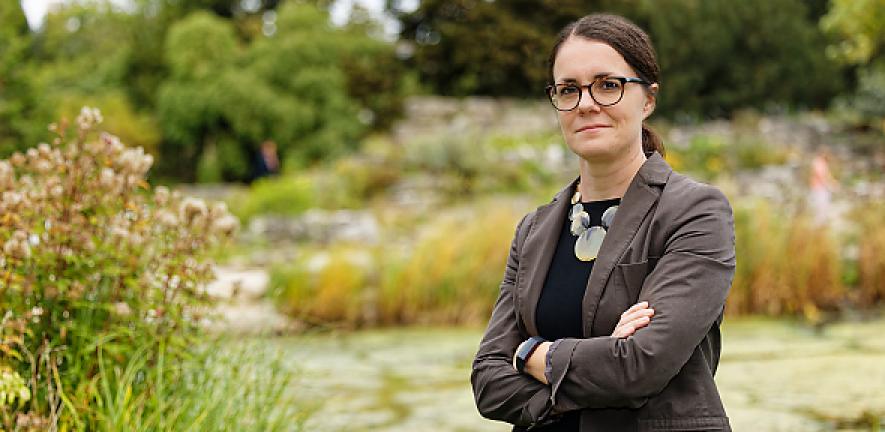
Webster, who joined the department in 2023, designs sustainable catalysts to bind elements together more efficiently. Catalysts help enable reactions that would normally require a lot of energy, but many catalysts are made from precious metals such as palladium or rhodium. The Webster group's research focuses on how to replace these precious metal catalysts with more sustainable iron.
Sustainable catalysis
AstraZeneca noted that the Webster group's approach to catalyst design aligns well with the key tenets of sustainable catalysis. Mike Nunn, a principal scientist in early chemical development at AstraZeneca, explained that a reduction in the use of high environmental impact materials and replacing precious metal-catalysed processes with base-metal catalysis or biocatalysis throughout the active pharmaceutical ingredients supply line are areas that continue to require significant research. "Support of and close collaborations with academia are critical to the continued development of these new synthetic methods," he said.
A recent collaboration between Webster and AstraZeneca brought together several of the group's key goals, and highlighted this much needed holistic approach to modern synthetic chemistry.

